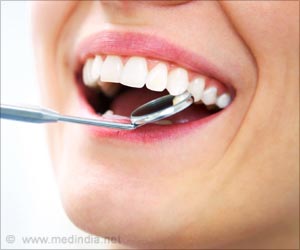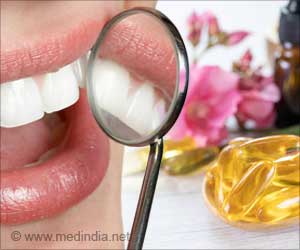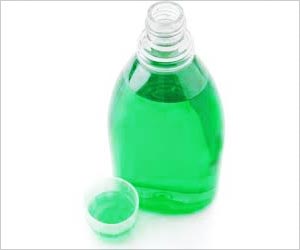An article published in the March/April 2005 issue of General Dentistry, the Academy of General Dentistry’s (AGD) clinical, peer-reviewed journal, says that dentists are in a unique position to diagnose and treat oral reactions, associated with various drugs and herbs being taken by the patient.
Scott S. DeRossi, DMD, the lead author of the recent study said that most medications cause some sort of a reaction and the mouth is the first place to get affected. “An adverse reaction depends on the drugs you use. Too much bismuth subsalicylate, for example, can turn your tongue black, but the reaction is temporary and harmless,” said AGD spokesperson Eric Shapira, DDS, MAGD, MA. “Also, too much antibiotic usage can do the same thing and give you a black, hairy-looking tongue. And, any acidic type of medication can cause canker sores, including chewable vitamin C.” Other types of reactions are also possible, but the dentist has to be aware of how these reactions present in the mouth, “Most of these reactions, however, cannot be prevented, but early recognition, appropriate treatments, and changing drug regimens can eliminate them,” observed Dr. DeRossi. An ageing population can expect to encounter even more side-effects as they tank up on a variety of drugs. “A dentist can help, both in diagnosing drug interactions and in writing prescriptions that would be good to take in order to avoid side effects. Some side effects are not dangerous and others are, depending on the extent of drug administered and the kind of drug that is used. Don’t forget that vitamins in excess become drugs and can cause serious damage and injury,” said Dr. Shapira. Contact: Jaclyn Finneke [email protected] 312-440-4974 Academy of General Dentistry For more details, visit http://www.agd.org/consumer/topics/medication/pink_liquid.asp Source: EurekalertDrug Reactions First Present Themselves In The Mouth
Recommended Readings
Advertisement






